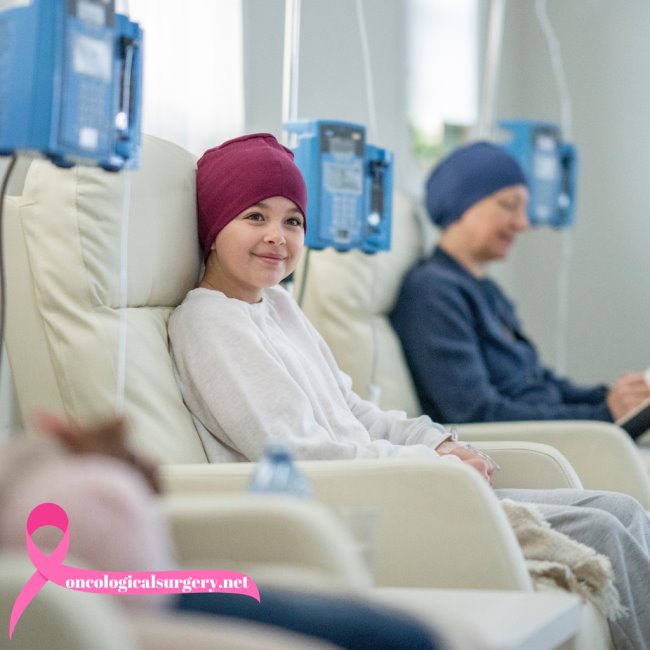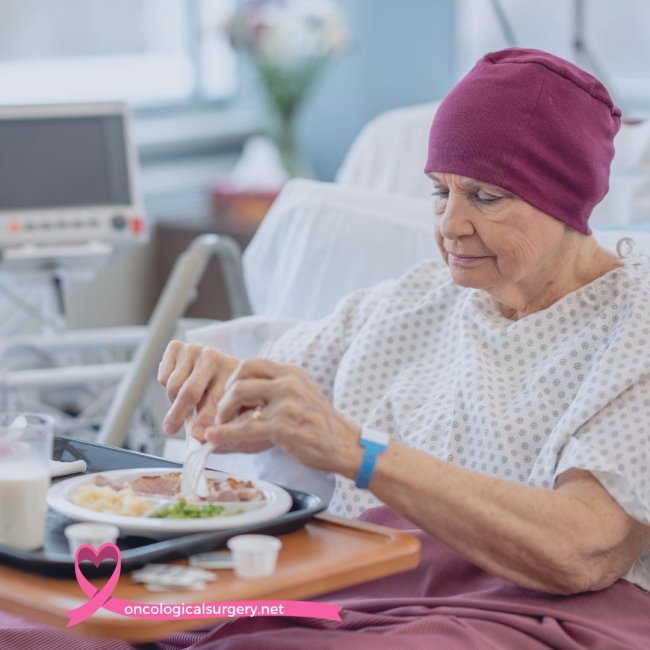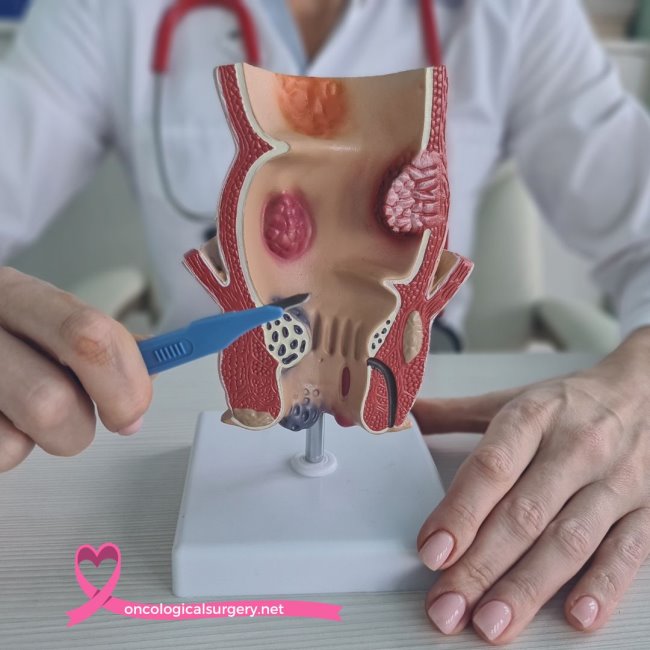
How to Advocate for Yourself During Cancer Treatment?
Receiving a cancer diagnosis can be intimidating, and treatment can be intimidating. Being your advocate, however, can really take your experience and outcome up a step. Being your advocate when undergoing treatment for cancer means your needs, questions, and values are being heard and more individualized, more knowledgeable treatment happens.
Whether you're undergoing oncology surgery, treatment for colorectal cancer, or other specialty treatment, such as treatment with HIPEC, being your advocate for your treatment process matters. The steps outlined in this book will be beneficial for assisting you with being your advocate for your treatment process.
1. Educate Yourself Regarding Your Diagnosis and Your Choices for Therapy
Knowledge is key, and when coupled with cancer treatment, knowledge can be even more powerful. Knowledge of your diagnosis, your treatment, and your possible side effects can inform and empower with the knowledge for astute, knowledgeable treatment. Research your specific cancer, including pancreatic cancer treatment and stomach cancer treatment, and take the initiative of questioning when sitting with your doctor.
Reliable sources of data include:
- Your oncologist and healthcare team
- Reputable cancer research and research institutes.
- Support groups and networks of patient advocacy
By staying informed, you can be a contributing member of your conversations with your physicians and be a key participant in choosing the best treatment for your needs.
2. Communicate with Your Doctor Freely
Building a working relationship with your team of healthcare providers is the best way to achieve the best treatment possible. Honest and straightforward communication ensures your physicians understand your needs, your signs and your treatment needs. If your physicians are not paying attention, don't be shy.
Effective communication tips are:
- Writing down questions ahead of your appointments.
- Taking notes when being consulted, and when accompanied by a friend or relative for reassurance
- Clarifying anything I don't understand by asking your oncologist for them to explain it more simply.
Patients who engage more intensively with their treatment are more treatment-satisfied and treatment-adherent.
3. Seek second opinion if needed
If you're not sure of your treatment and diagnosis, a second opinion can be useful and can also present alternative solutions. A private oncologist's second opinion can be referred for by some for their doctor's alternative view of their disease and treatment.
Reasons to Seek a Second Opinion
- Confirming your diagnosis and treatment
- Exploring alternative treatment, such as clinical trials
- Finding a more qualified professional for your specific cancer subtype
Most doctors appreciate second opinions, and your insurance may cover this. Being comfortable with your treatment approach can be reassuring.
4. Understand Your Rights as a Patient
As a survivor of cancer, you also have the right to be an active participant in your treatment. Learn your rights, including:
- The right of questioning and being directly answered
- The right of being able to choose your treatment.
- The right not to be treated with interventions if not beneficial for me
- The right of access to your record and opinion of other experts
Knowing your rights can also allow you to advocate for your needs and values more persuasively and ensure your receipt of treatment.
5. Explore Advocacy Groups and Systems of Support
Advocating for oneself does not have to be a single effort. Discussion with networks of supports and networks of advocacy can generate emotional reassurance, beneficial knowledge, and knowledge of working with the healthcare system.
Consider joining:
- Online or live cancer survivor support groups
- Nonprofit organizations for your cancer type
- Patient advocacy groups may also offer counseling on treatment and treatment financing.
Surrounding yourself with supportive individuals can also leave you with a greater sense of empowerment and confidence when faced with cancer.
6. Stay organized and maintain your treatment on file.
Managing cancer treatment also involves being on top of medication, appointments, tests, and insurance. Being organized also means not letting critical steps in your treatment fall between the cracks.
Useful ways of staying organized
- Maintain a record of your improvement, your side effects, and your signs.
- Use a calendar or mobile app to track appointments and medication schedules
- Keep copies of insurance, testing, and medical record documents.
Having a record of your treatment also means being able to communicate with your treatment team without confusion.
7. Ask for clinical trials and alternative treatment
Clinical trials also offer access to experimental and unapproved treatment not on the general market. If your treatment with standard treatment modalities isn't helping, clinical trial research can be a valuable option.
Speak with your doctor of oncology for clinical testing of your disease, such as new ways of treating cancer of the bile duct and more extensive methods of treating thyroid cancer.
Participation in a clinical trial also equates to access to the most up-to-date treatment and assisting future patients with their research.
8. Prioritize Your Mental and Emotional Well-being
Cancer treatment not only has its effects on your physique, your emotional and mental being also suffer. Stress, worry, and depression must be addressed for your overall fitness. Ways to promote mental health under treatment Engage in relaxation methods such as meditation, and yoga. Seek professional counseling or therapy. Connect with other people who understand your experience. Focus on being happy and remaining positive Taking care of your mental well-being is every bit as important as your treatment.
Conclusion
Advocating for your needs during treatment for cancer may be necessary for best treatment. Being organized, being truthful, asking for second opinion, and being informed, can be methods of being more of a participant in your treatment. If you, or someone who matters, has cancer and are undergoing treatment, treatment from a private oncologist and exhausting every avenue of treatment can be critical for treatment quality and effectiveness.
Remember, you are your best advocate–advocate for yourself, pose questions, and be the master of your cancer experience.








































